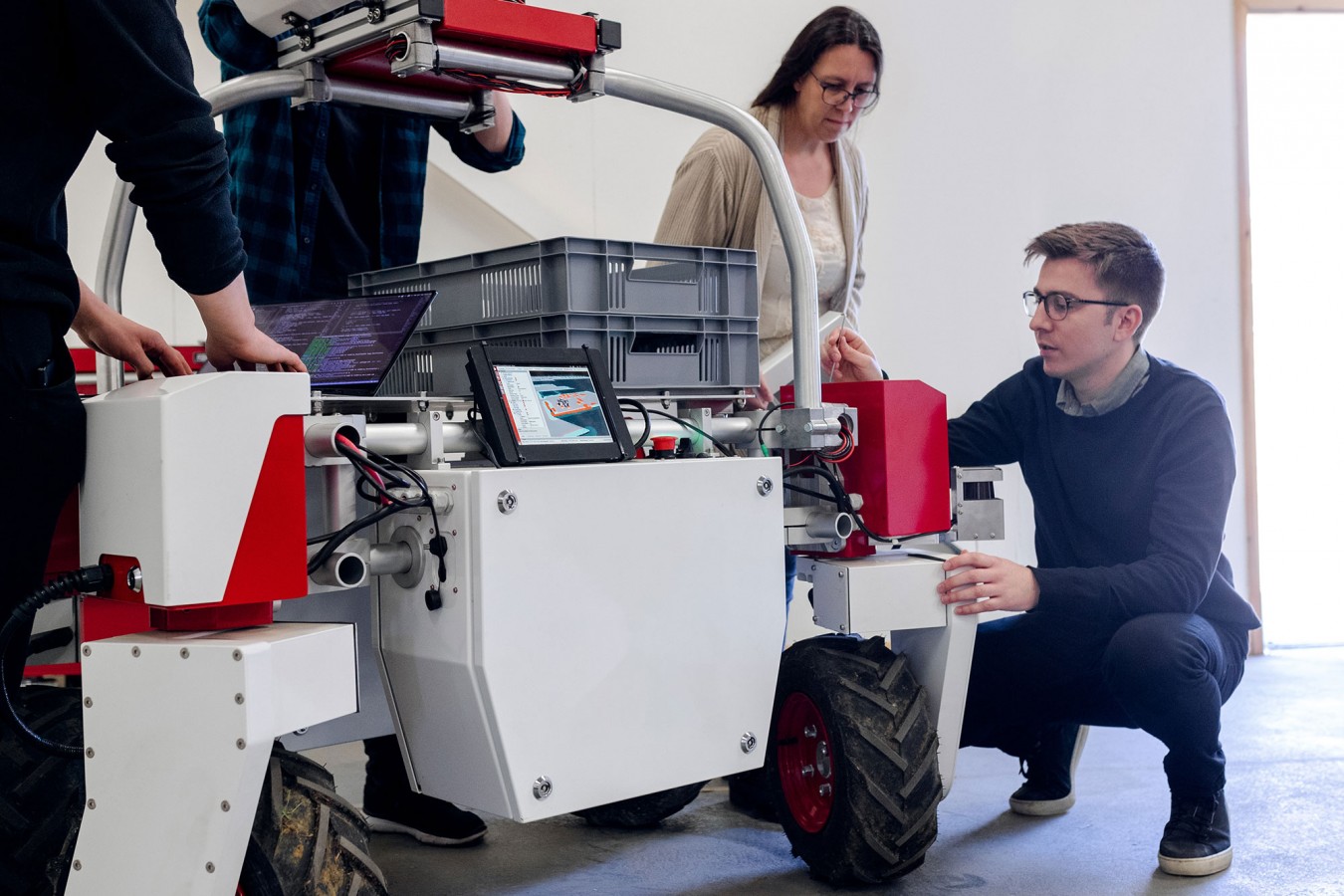This week Professor Al-Hashimi, a Trustee and Director of the UK Electronics Skills Foundation (UKESF), has published a thought-provoking piece for The Engineer, calling for a radical and transformative programme to address the engineer shortage and emerging skills gaps in digital and environmental sustainability.
The engineering sector has long been a driver of economic growth and prosperity. Despite this, interest in engineering amongst young people and the wider public appears to have stagnated. The UK’s engineering skills shortage is not a new problem, yet despite the efforts of many stakeholders, progress over the last two decades has been slow. The time has come for bold and radical action.
As our world faces 21st-century challenges, the need for robust engineering solutions has never been more vital. According to the government’s 2021 Green Jobs Taskforce report, an estimated 500,000 new jobs will be required to meet net-zero challenges by 2050 in renewable energy, nuclear, and transportation electrification sectors. This increase in demand exacerbates the long-term historic shortfalls in engineering skills supply.
Professor Al-Hashimi proposes a bold, ten-year national-level programme to build the skills, talent, and leadership needed for 21st-century engineering education and expertise. This programme aims to forge a long, connected pipeline from schools and FE colleges to universities and industry. He hopes that by working with employers, professional institutions, skills bodies, charities, and the Royal Academy of Engineering, they can coordinate an approach to upskilling and reskilling the current workforce. The program he proposes will prioritize sustainable and digital engineering, focusing on developing advanced technical skills for graduate and postgraduate students who plan to work in the industry.
To accomplish this goal, Professor Al-Hashimi proposes a government investment of £500 million, similar to the amount invested in the AI sector for skills. The funding will be used to develop accredited and sustainable engineering curricula for undergraduate and master’s programs.
Key components of the programme will include competitive funding opportunities for higher education institutions, capital investment funds for laboratories and facilities, degree apprenticeships, industry internships, and collaborations with secondary schools and charitable foundations such as STEM Learning and the UKESF.
The programme will introduce engineering teaching into the primary school curriculum, establish up to 500 visiting professorships and industrial fellowships, and establish a governing council similar to the AI Council.
Professor Al-Hashimi complements the recently published UK Science and Technology Framework; this proposed programme underlines the importance of STEM skills and the need for the UK to become a global leader in engineering design and innovation in digital transformation and sustainability.
The proposal for a bold, national-level programme underlines the urgency of addressing the engineering skills gap and the engineer shortage in the UK. Professor Al-Hashimi’s vision aligns with the broader goals of the ERA Foundation by encapsulating a comprehensive approach to upskilling, reskilling, and fostering interest in engineering from a young age. The programme emphasizes the critical role of STEM skills in establishing the UK as a global leader in engineering design and innovation in this era of digital transformation and environmental sustainability.


